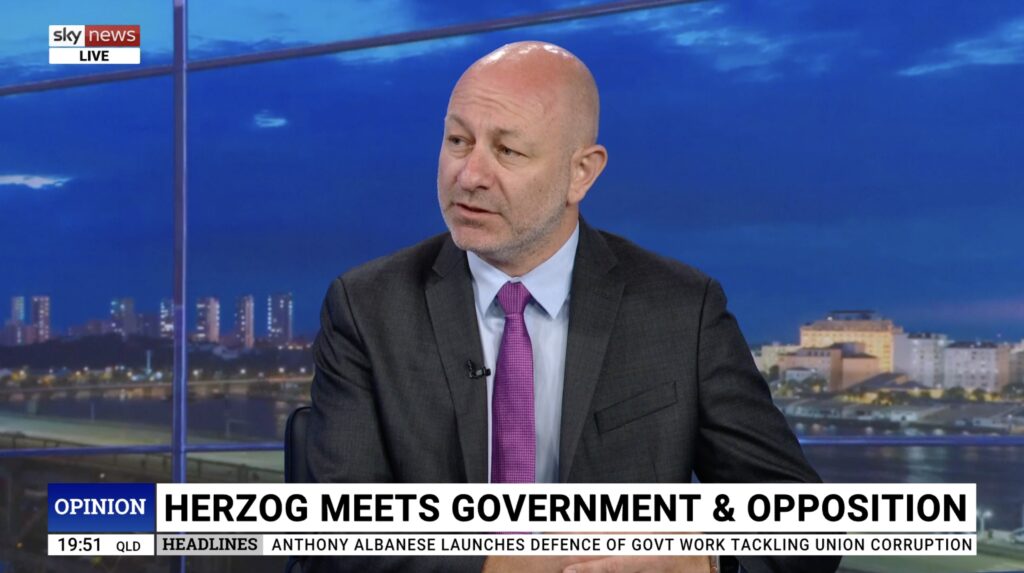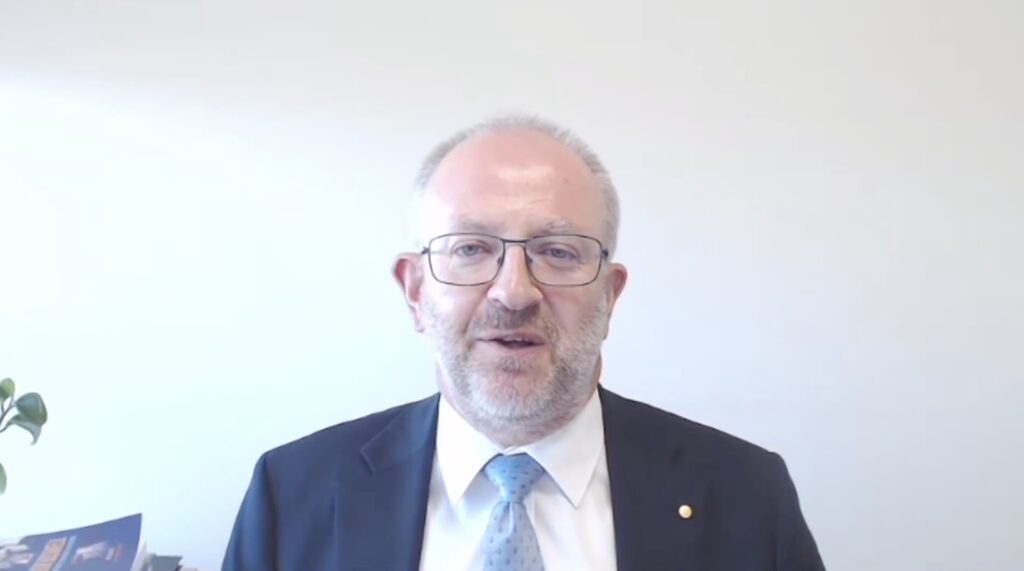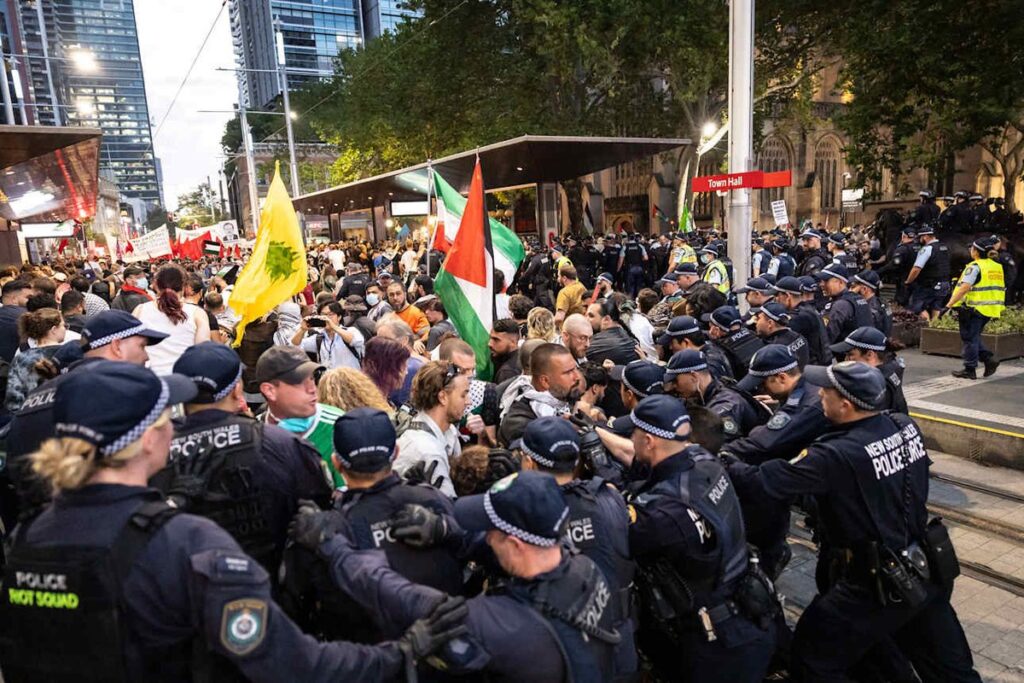UPDATES
Is Iran really not at war with the West?
July 6, 2011 | Daniel Meyerowitz-Katz

Since the bulk of US forces in Iraq have been withdrawn, the country has been seeing an increasingly worrying spike in violence. What is especially concerning is the alleged source of this renewed upsurge in the conflict. As reported in The Washington Post last week:
BAGHDAD – Three U.S. soldiers were killed this week in a rocket attack at a U.S. base near the Iranian border, the military said Thursday, bringing June’s death toll to 15 and marking the bloodiest month for U.S. troops in Iraq in two years.
U.S. military commanders have said in recent months that they feared such an increase in violence would accompany the planned withdrawal of most American troops by the end of the year. Military officials in Baghdad and at the Pentagon blamed the mounting death toll on the growing sophistication of weapons that insurgents and Iranian-backed militia groups are using, including powerful rockets, armor-piercing grenades and jam-resistant roadside bombs suspected of coming from Iran.
As the largest and most powerful Arab country next to Iran, Iraq has been the traditional counterweight to Persian influence in the region. Since Saddam was toppled, however, Iran has been attempting to negate this strategic threat by consolidating proxy power in Iraq. The current position of Iranian-linked radical Shiite cleric Moqtada al-Sadr as the effective kingmaker in the Iraqi parliament demonstrates how far this Iranian influence has come – especially as Shiite militia groups linked to Iran and Sadr have been claiming responsibility for these recent attacks on US troops.
What’s more, as Middle East scholar Barry Rubin noted yesterday the so-called “Iranian axis” of Iran, Syria and Hizballah – who currently control most of Lebanon – have been openly and consistently waging war against the US and its allies in Iraq for years. The groups have even bragged openly on Hizballah’s al-Manar TV (which is currently broadcast in Australia) about killing US troops.
As I reported yesterday, the IAEA has finally begun to look into Syria’s clandestine nuclear program and as AIJAC’s update explained on Monday, Syria and Hizballah have just been implicated in the 2005 assassination of the then popular and pro-Western Lebanese Prime Minister Rafiq Hariri. There were even revelations from last year’s Wikileaks cables that Iran has been supporting the Taliban in its fight against the US and Australia in Afghanistan, and yet this entire situation seems to have somehow slipped under the radar in the West.
Given these circumstances, it’s clear that the West needs to do more to prevent Iran and its allies from advancing their aim of achieving hegemony in the Middle East. These revelations also provide yet another reason that more should be done to aid the Syrian people in their fight for freedom against their brutal dictator.
Tags: International Security





